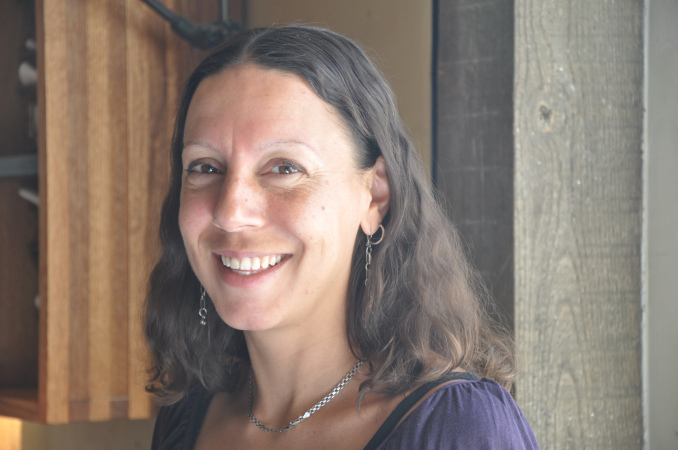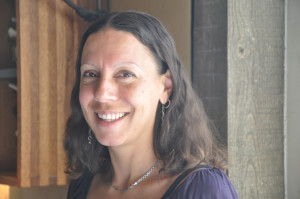This weekend, my husband and I finally sat down to review advance health directives. It’s something we should have done years ago, but kept putting off. No one likes to confront his or her own mortality. Or what would happen if….
Discussing living wills and health proxies with your spouse and family may be one of the most vital conversations you will ever have. Yet, it seems my husband and I are not the only ones putting off this task – a 2011 poll conducted by the Associated Press- LifeGoesStrong showed that 64 percent of baby boomers (b. 1946-1964) and 70 percent of all US adults do not have a living will, health proxy or other advance directive. A search of current media stories on this topic showed a similar lack of emphasis.
A health proxy is a necessity in today’s complex health environment. It gives a person of your choosing (your agent) the authority to make specific care decisions on your behalf, if you are unable to do so. This may encompass anything from surgery, to medication, to a do-not-resuscitate (DNR) order. Medical practitioners are obligated to follow those instructions.
A living will spells out your general wishes regarding your health care. For example, you might state something like “I do not wish to be kept alive by artificial means, such as a feeding tube,” or “I only wish to have medication to ease pain and suffering.” This points physicians and family in the right direction about care, and helps avoid conflicts about your treatment, if you are unable to express your own desires.
The state of New York provides free downloadable health proxies and living wills. As an aside, it was good to note that health literacy was factored into the writing – medical terms are explained in plain language – and the what, how, and why of these documents are laid out step by step.
If you live outside of New York, check with the health department in your state for current information and requirements – this is especially important if you reside in more than one state during the year. A lawyer is not necessary, although it may be wise to have a copy of your directive and proxy on file with him or her. The agent, and a backup, should also have copies of your proxy and living will.
This was one of the most difficult – yet totally necessary — conversations my husband and I have ever had. The only one that may be harder is having it with our family, especially our 20-year old. Yet should the time come when these directives are needed, I know that our healthcare decisions will be made according to our wishes, not someone else’s.
Living wills and health proxies are vital





